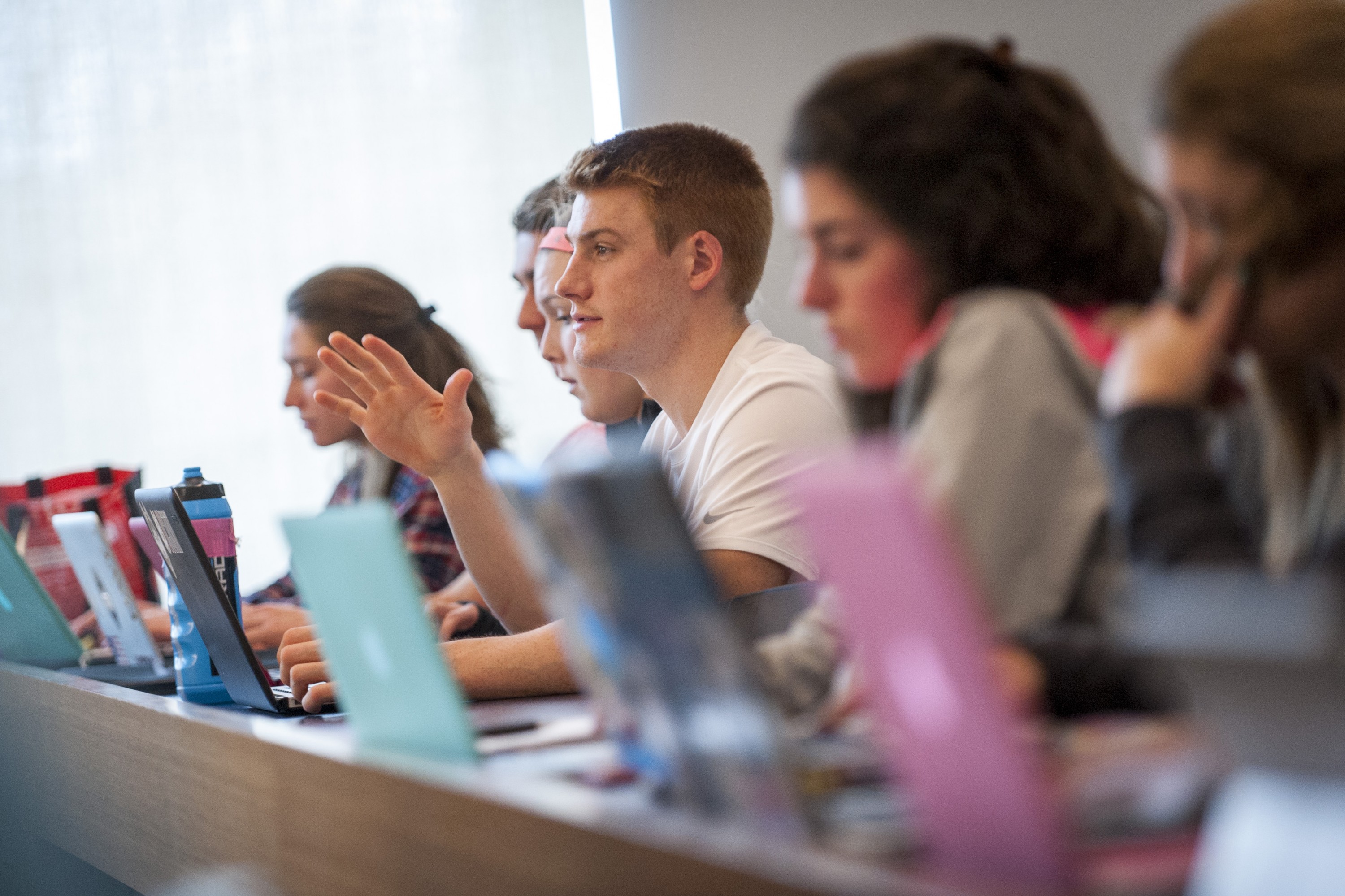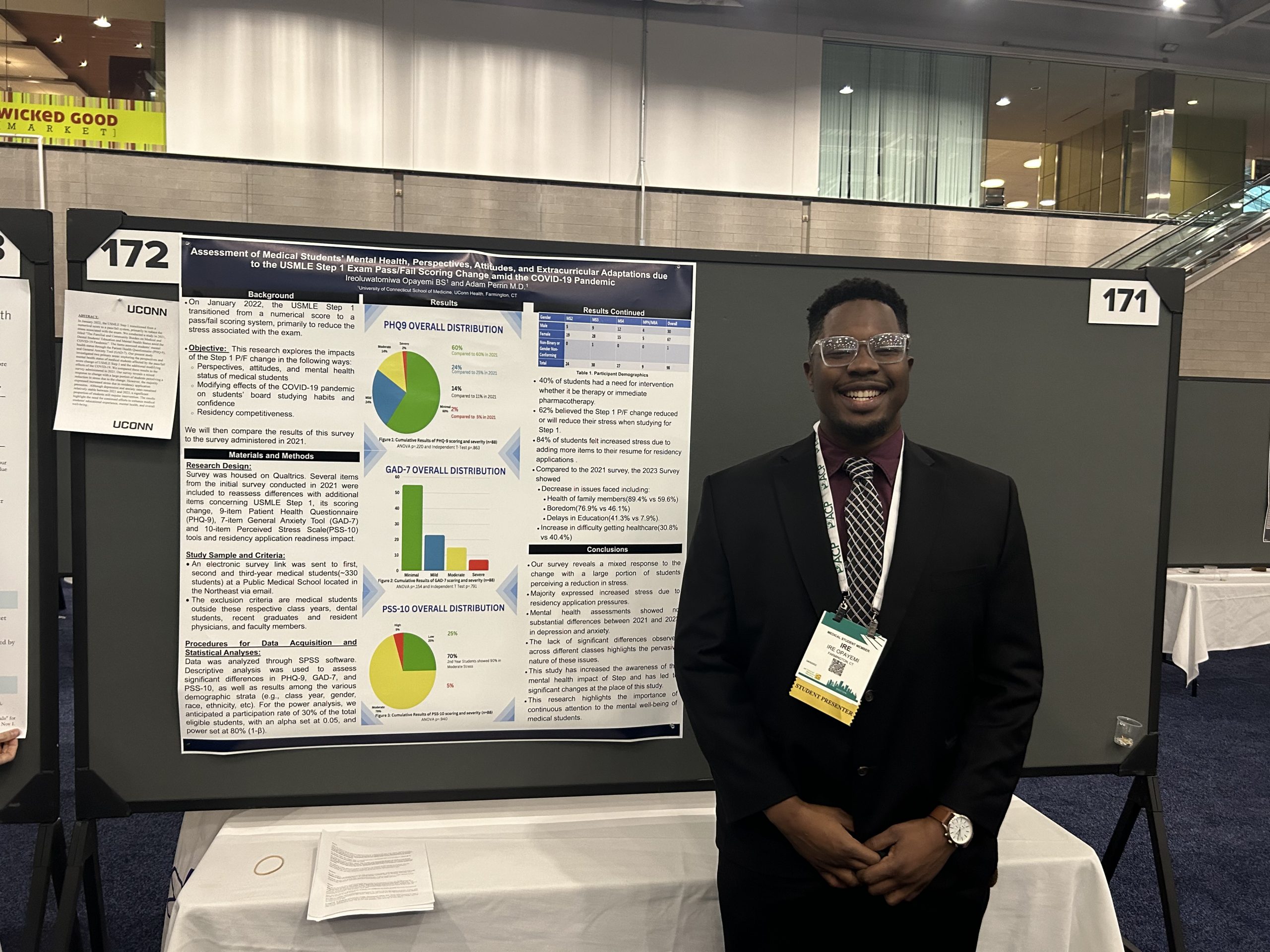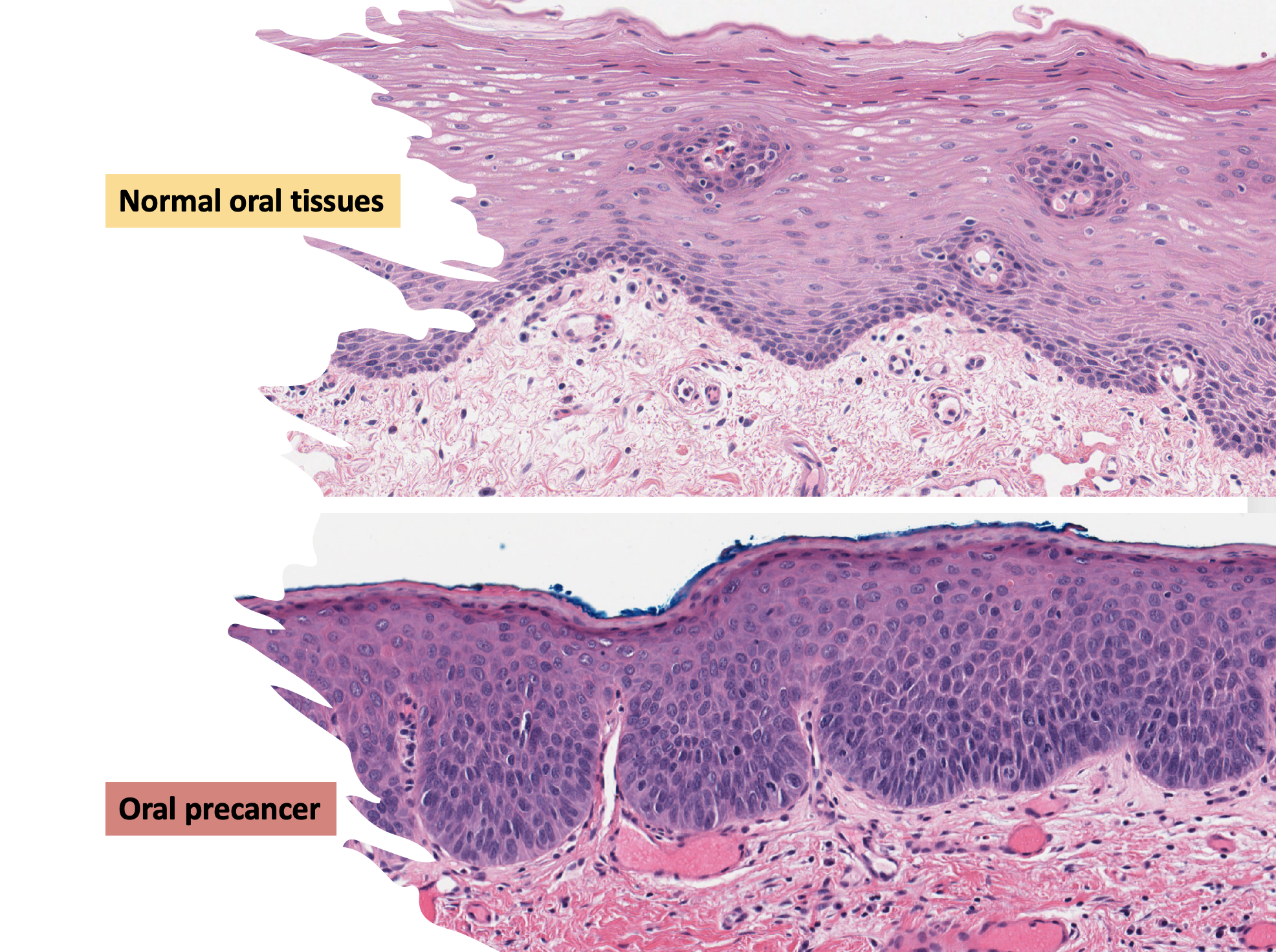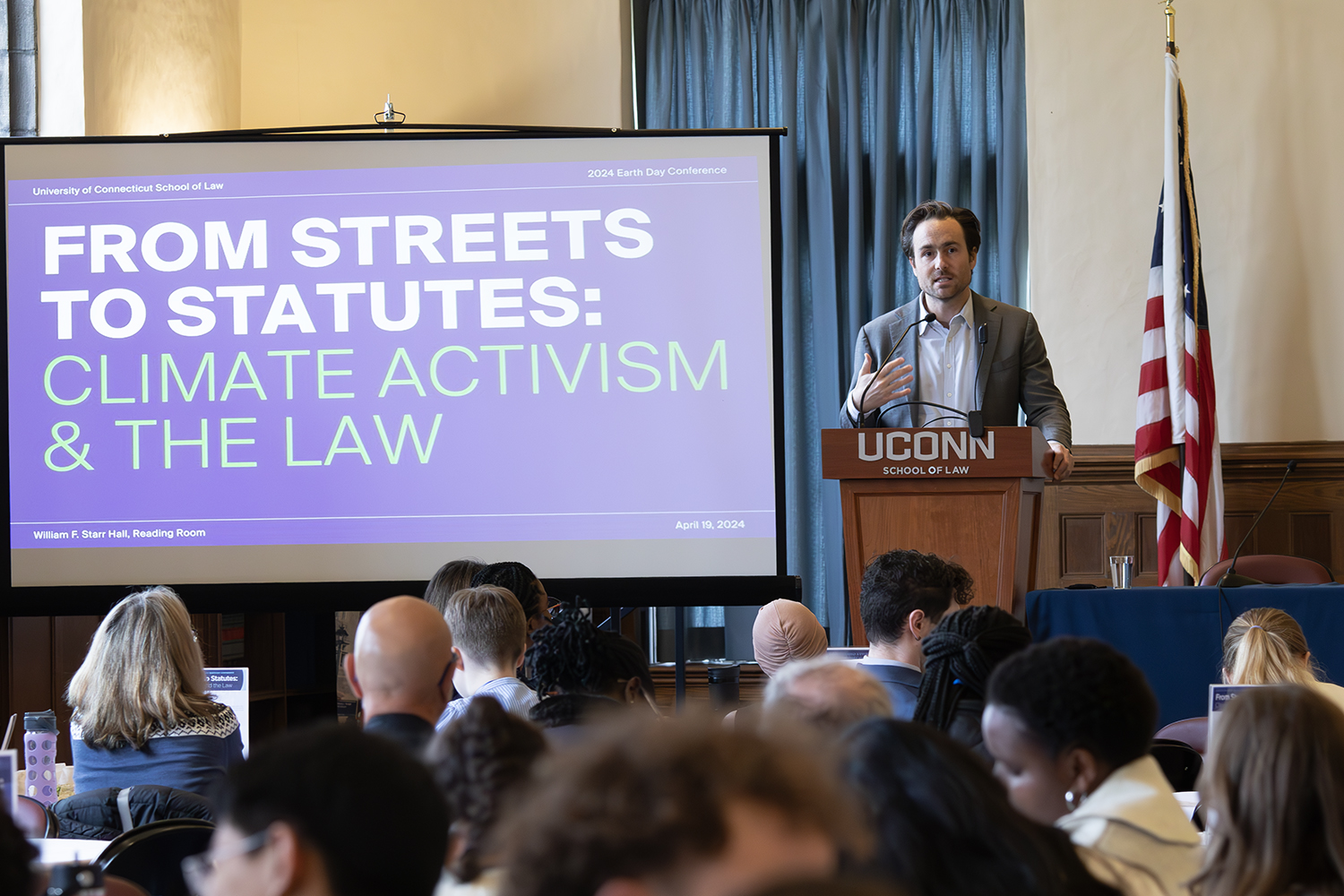UConn’s student-athletes are often lauded for their on-field or on-court achievements, but there’s an equally important – often unseen – dimension to the student-athlete. UConn Today is publishing a series of profiles to highlight the academic prowess of these student-athletes. Follow along as we profile two athletes each month, and provide an inside look at the academic pursuits of these high-achieving student-athletes.
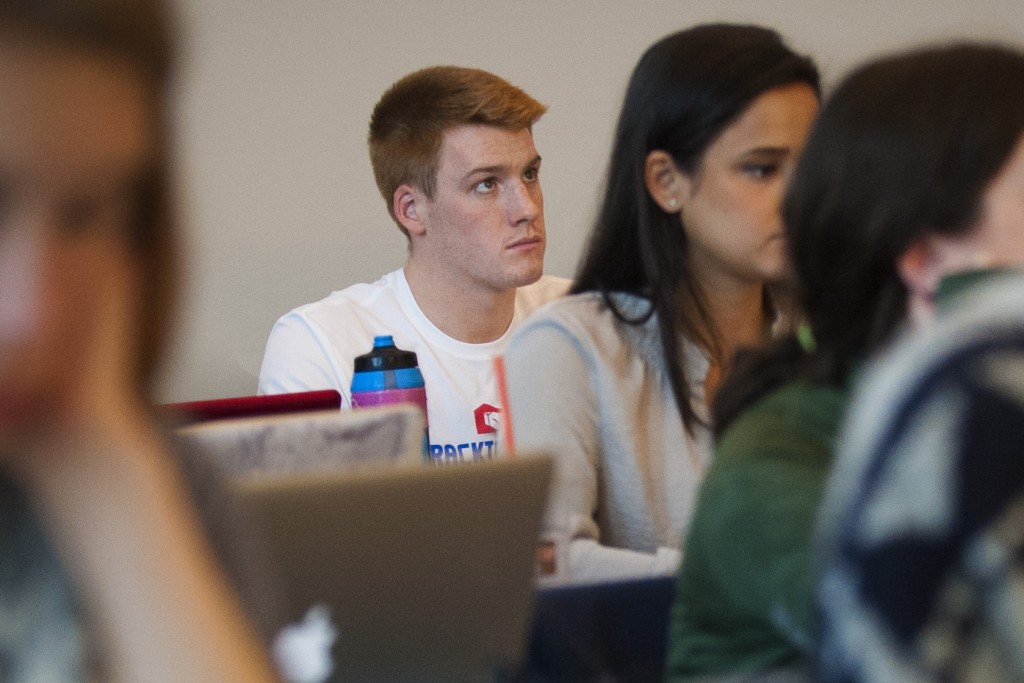
Greg Baliko ’16 (CAHNR)
Hometown: Fanwood, N.J.
Sport: Men’s Swimming & Diving
Major: Allied Health
Anticipated graduation: May 2016
What’s your specialty on the team? I do the 100m and 200m breaststroke, as well as the 200m individual medley and butterfly on our relays.
What’s your favorite class and why? I’m going to go with Human Genetics, Molecular and Cell Biology 2400; the teacher, Colleen Spurling [assistant professor-in-residence], was fantastic. I thought she had a really unique way of teaching genetics, which isn’t the easiest topic. She connected it back to how it works in your own body and in humans overall; it related to real-world application, which was really nice.
How do you balance the demands of your sport as well as a full class load? I think it really starts freshman year; you have to make a decision whether you’re going to succeed in school, athletics, both, or not succeed at all. It takes a special type of time management. We have very early practices, so I get my work done as soon as I can in the morning, and focus on my time management. If you have free time, there is so much more you can do in that time than you think. If there’s an hour in between class, it’s possible to get work done, and it’s important not to just put it off.
What does your schedule look like on a typical day during the season? I have morning practice at 6 a.m. until 7:30, and then after that I’ll eat breakfast and that will bring me to about 8:30. Then I have a 9 a.m. class, and then I’ll have a break. In that break, I’ll try to do as much work as I can, then I’ll eat lunch at noon, have another class or two which brings me close to practice at 3:30. Practice ends at 5:30, and then I’ll get out of the water, change, shower, run to get a protein shake, and get dinner. Then I finish up remaining work and studying, and get in bed at a decent hour before 11 p.m.
What are some of your academic accomplishments? I was on the Dean’s List last semester; I got a 20 on my Dental Admission Test (DAT) last summer for dental school [the mean academic average score for admissions is commonly 19, according to Wikipedia]; I was an Academic All-American for the past three years with the swim team; and I’ve participated in 3.0 Night every year since I was a freshman.
What is the biggest challenge you face as a student-athlete? The largest challenge probably would be when we’re traveling for competitions. Missing a week of school is hard to come back to. As soon as we get back, we’re a whole week behind, and making up for that time is really hard. It’s like trying to play catch-up, but it’s not a game because it’s so important. There’s lots and lots of work to make up that we missed while we were away, and that’s always hard. The week after missing a week for travel is very difficult; that’s definitely the hardest part.
Describe someone you’ve met here who has already impacted your future. I have to say Coach Goldberg; it’s easy to see how he’s impacted my future already. He taught me a lot of techniques to succeed in and out of the classroom, and in and out of the pool. He teaches us that we have to put our full effort into everything. He’s also big on punctuality and commitment, both in and out of the water. He teaches me to always commit myself when I’m in class; it’s easy to see people on Facebook during lectures, but it’s important to be committed in class as well as in your sport.
What does it mean to you to be a Husky? It’s about academic and athletic pride put together; UConn is such a great university and it’s nice to see we have such a high academic standing. Both sides of the coin really correlate well for such a great university, and I’m proud to be a part of it.
Where are you headed after graduation? I’m going to take a year to maybe redo a couple of classes, and then I’m going to apply to dental school.
